The Japanese society and politics have lost the bottom of their substance. I think the youth of today are in an even more miserable situation than when our generation was young.
Masao Adachi, 83, a former member of the Japanese Red Army and a film director, made the appeal. The screening of the emergency special edition of his new film “REVOLUTION + 1,” based on the motif of Tetsuya Yamagami, 42, a suspect in the shooting of former Prime Minister Abe, has been a sellout success at mini-theaters and other facilities nationwide since the 26th, the day before the national funeral. On the opening day at Loft Plus One, located in the basement of a small building in front of the Shinjuku Toho Building, the symbol of Kabukicho, the talk event was a great success. There was even a standing-room-only crowd, including documentary filmmaker Tatsuya Mori (66).
The film depicts the main character, modeled on the suspect Yamagami, as he recalls the events from prison, up to the point where he points a homemade gun disguised as a video camera at Mr. Abe and pulls the trigger. His father committed suicide, his brother went blind, and his mother went bankrupt after giving large sums of money to a new religion. The three siblings were driven to the brink of despair by extreme poverty, and attempted suicide by drinking benzene.
He said, “In order to survive, we have to create something from the inside out, and there is nothing tangible. The film was made to enable dialogue with these young people,” Adachi continued. In Japan, where land and blood ties have been severed, Adachi’s thoughts turned to the despair of these young people who have been thrown out of society and are left to take responsibility for their own actions.

”Criticize after you see it.”
The film was controversial, with the Gardens Cinema in Kagoshima City canceling the screening in response to protests that the film “glorifies terrorism. Singer Sera Masanori (66) and others from the entertainment industry also criticized the film, but this one said, “I think it is a kind of treadmill, including the fact that you criticize something you have not seen, even though you are also an expressive person. You should tell us after you have seen it” (Junichi Inoue, planner and co-writer), he prodded.
In one case, a theater in Nagoya also received a protest, but when the manager replied, “I am against state funerals, so I will show the film,” the call was hung up.
On TV, NHK and most of the commercial broadcasters ran special programs, while Teletei broadcast its “Afternoon Road Show” as usual, and some praised the station for its original line.
After the incident, not only the merits of the state funeral, but also the cozy relationship between the LDP and the former Unification Church, corruption in the Tokyo Olympics, and other issues, “it was as if the lid had fallen off a bottle,” according to sociologist Shinji Miyadai, and the ooze from the incident knows no bounds. The leaders of the seven major G7 countries did not participate in the funeral.
It would have been better to have done it. It would have been better if we had done it. It would have shown everyone how shabby Japan is today and how little the world cares about it. It is truly the downfall of Japan. It is a national disgrace and a disgrace to the nation.
The shooting incident, the state funeral, and subsequent developments suggest that Japan has reached another milestone, a turning point in its history. Some pointed out that the incident was “a world-changing event if it were a function. In any case, the real summary is yet to come. Criticize after you have seen it.
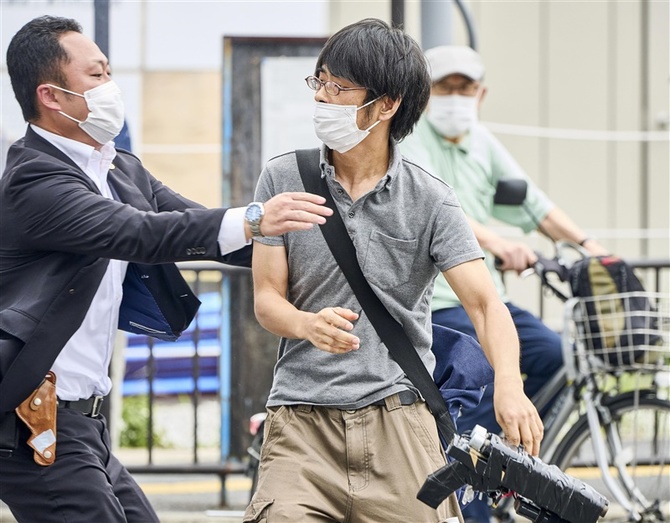
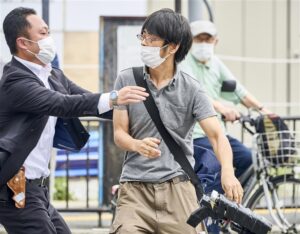
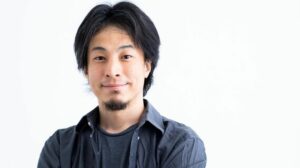

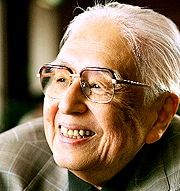
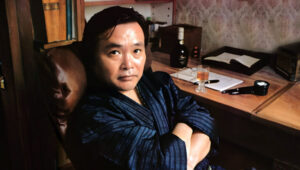
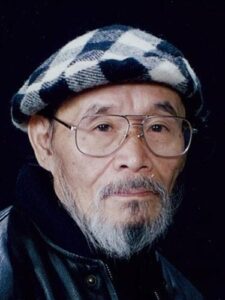
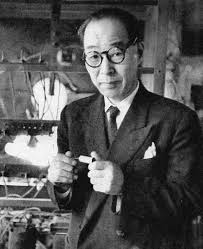
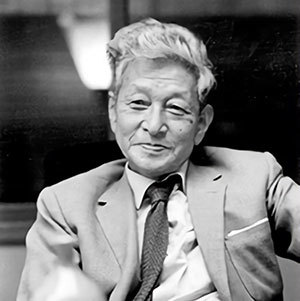
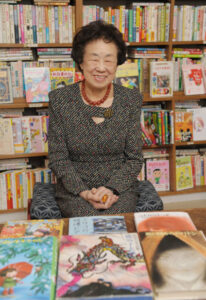
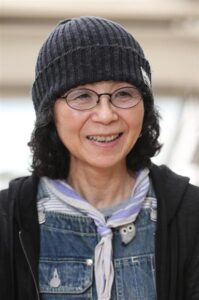
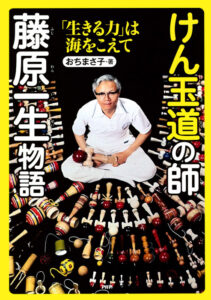
コメント